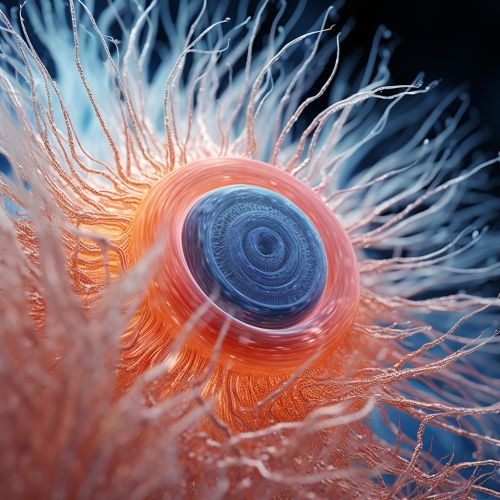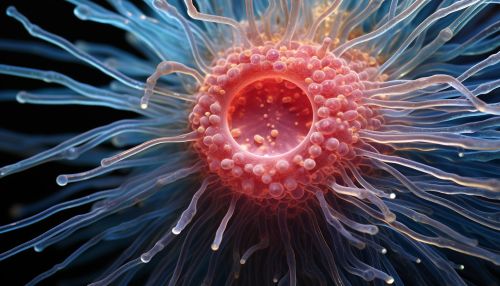Bardet-Biedl Syndrome
Overview
Bardet-Biedl Syndrome (BBS) is a rare, autosomal recessive genetic disorder that affects multiple body systems. It is characterized by a variety of symptoms, including obesity, retinal degeneration, polydactyly (extra fingers or toes), intellectual disability, hypogonadism, and kidney abnormalities.
Genetics
BBS is caused by mutations in one of at least 14 different genes, known as BBS genes. These genes encode proteins that are involved in the structure and function of cilia, which are tiny, hair-like structures that protrude from the surface of cells and are involved in cell movement and signaling. Mutations in these genes disrupt the normal function of cilia, leading to the various symptoms of BBS.
Symptoms and Diagnosis
The symptoms of BBS can vary widely from person to person, even among members of the same family. The most common symptoms include obesity, which typically begins in early childhood, and progressive vision loss due to degeneration of the retina. Other common symptoms include extra fingers or toes, intellectual disability, and abnormalities of the genitalia. Less common symptoms can include heart defects, hearing loss, and abnormalities of the liver or other organs.
Diagnosis of BBS is based on the presence of these symptoms, as well as genetic testing to identify mutations in the BBS genes.
Treatment and Management
There is currently no cure for BBS, and treatment is focused on managing the symptoms and preventing complications. This can include weight management programs, vision aids, surgery to correct polydactyly, and hormone therapy for hypogonadism. Regular monitoring is also important to detect and treat any complications as early as possible.
Epidemiology
BBS is a rare disorder, affecting approximately 1 in 140,000 to 160,000 people in North America and Europe. It is more common in certain populations, such as the Bedouin population of Kuwait, where it affects approximately 1 in 13,500 people.
Research Directions
Research into BBS is focused on understanding the function of the BBS genes and their role in cilia, as well as developing new treatments for the disorder. This includes research into gene therapy, which aims to replace the faulty BBS genes with healthy ones.


